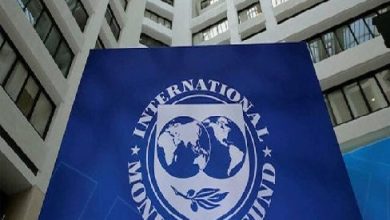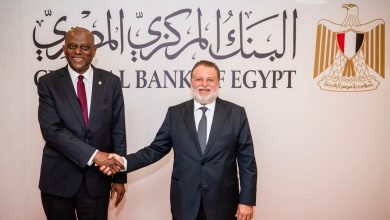Nigerian Banks Shift USSD Charges to Airtime Following NCC Directive Amid ₦250 Billion Debt Crisis
Starting June 3, Nigerian banks will no longer deduct USSD banking fees from customer accounts, as charges now shift to mobile airtime under a fresh NCC billing directive.
The move aims to end years of telecom-bank disputes and improve billing transparency, but critics warn it could burden low-income users who depend heavily on USSD services.
Effective June 3, 2025, Nigerian banks are no longer allowed to deduct USSD banking charges directly from customers’ bank accounts. Instead, these charges will now be taken from customers’ mobile airtime, in line with the Nigerian Communications Commission (NCC) long-standing End-User Billing (EUB) model.
The new policy was confirmed in emails sent out on Tuesday by multiple banks, including United Bank for Africa (UBA) and First City Monument Bank (FCMB). Both banks informed their customers that the change follows an official directive from the NCC, which has been working with the Central Bank of Nigeria (CBN) to resolve a long-running dispute between Deposit Money Banks (DMBs) and Mobile Network Operators (MNOs).
How the new model works
According to the NCC’s directive, every USSD session will now attract a charge of ₦6.98 per 120 seconds, billed directly by the mobile network operator. Customers will receive a consent prompt at the start of each session. Airtime will only be deducted upon their approval and once the bank confirms its availability to complete the requested transaction.
UBA stated:
“Going forward, these charges will be deducted directly from your mobile airtime balance in accordance with the NCC’s End-User Billing model. If you do not wish to continue using USSD banking under this new model, you may choose to discontinue use of the USSD channel.”
FCMB echoed similar instructions, encouraging customers to use other channels such as ATMs, mobile apps, and internet banking if they prefer not to pay via airtime.
Why the policy changed
This shift comes after years of friction between banks and telcos over unpaid USSD debts. Banks had previously deducted service fees from customers’ accounts but failed to remit payments to mobile network operators. By late 2024, the debt had ballooned to over ₦250 billion, prompting regulatory intervention.
The situation escalated in January 2025 when telcos threatened to withdraw USSD services entirely, citing persistent non-payment. In response, the NCC issued a warning to banks and even ordered the suspension of USSD services for nine banks that failed to settle their debts. On January 15, a formal directive was issued for disconnection by January 27 if payments were not made.
By the end of February, MTN Nigeria reported receiving ₦32 billion out of ₦72 billion owed by banks, while CBN and NCC continued to press for full settlement and a sustainable resolution.
Reactions and implications
The new billing model is intended to increase transparency, protect consumers, and ease the burden on mobile network providers. However, it also shifts cost responsibility to users, sparking concern among low-income Nigerians who rely heavily on USSD for financial transactions due to limited internet access.
While customer advocacy groups have welcomed the clarity and user consent element, they caution that any extra charges, even if small, could widen the digital divide in rural and underserved areas.
From a regulatory standpoint, this move is part of Nigeria’s broader strategy to modernize its digital infrastructure and promote accountability in the financial and telecom sectors.
What customers should know
- Each USSD session now costs ₦6.98 per 2 minutes.
- Charges will be deducted from your airtime, not your bank account.
- You will be asked to approve the charge at the beginning of each session.
- You can opt out of USSD banking and use mobile apps or internet banking instead.
As banks, telcos, and regulators adjust to this new model, the move is seen as a win for consumer awareness and billing transparency, even as debates over digital inclusion and service accessibility continue.



